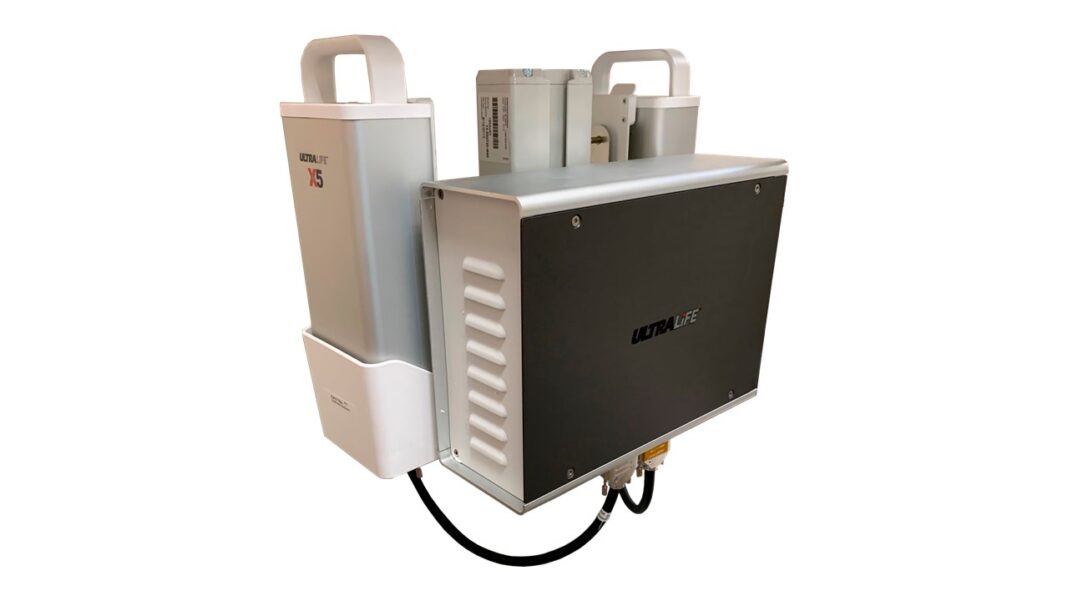Astrocast, a leading global nanosatellite IoT network operator, announces today the successful optimization of its satellite constellation with improved service quality and reliability. Following the launch of four satellites in November 2022, the company efficiently commissioned them and began computing and executing the necessary manoeuvres to re-phase them with the correct angular separation to maximize service performance.
Thanks to the computed and performed manoeuvres, the satellites can now be put into service starting at the end of February and will be in their final orbital slot by the end of May. Astrocast’s complete control of the constellation enables the company to enhance the service and increase the satellite lifetime with maximum propellant usage optimization.
“The increased number of satellites in our constellation brings more redundancy for the Astrocast service, improving reliability, service passes per day, and average latency. In addition, the company’s in-house expertise ensures the successful operation of the constellation,” says Federico Belloni, CTO, Astrocast.
Astrocast’s successful optimization of its satellite constellation demonstrates the company’s satellite technology maturity, including fabrication, operation, and constellation design and maintenance. The company has complete control of its satellites in orbit, enabling it to optimize the service. In addition, the satellites are monitored and manoeuvred if required to ensure no collision events occur, thanks to Astrocast’s collaboration with OKAPI:Orbits .
Astrocast is committed to maintaining its position as a leading nanosatellite IoT network operator and has invested significant resources as well as capital to ensure it. This successful optimization of its satellite constellation represents a significant step forward in achieving that goal.
For more information, please visit astrocast.com.




